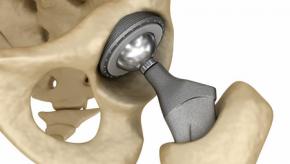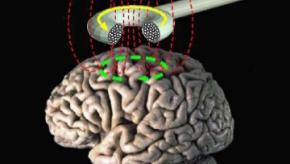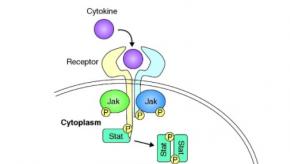News
Diagnostic delays and Undertreatment of Psoriatic Arthritis
New research from the University of Bath in the UK reveals delayed diagnosis and undertreatment of psoriatic arthritis often results in irreversible damage to joints.
Joint Implant Metals May Be Leaking
1st Line Biologics vs csDMARDs in Adult Still's Disease
A German multicentre, retrospective study assessed the first-line efficacy of biologics and conventional synthetic DMARD therapy in patients with adult-onset Still's disease and found biologic agents were significantly better with sustained, event-free remissions and fewer complications.Consensus Against Interventional Injections for Chronic Spinal Pain
BMJ has published a clinical practice guideline resulting from the work of an international, multidisciplinary panel addressing chronic spine pain (≥3 months duration) not associated with cancer or inflammatory arthropathy.
Consensus on Bone Turnover Biomarkers in Osteoporosis
A new consensus paper, published by the European Society for Clinical and Economic Aspects of Osteoporosis, Osteoarthritis and Musculoskeletal Diseases (ESCEO), the International Osteoporosis Foundation (IOF), and the International Federation of Clinical Chemistry and Laboratory Medicine (IFCC),
Cancer Survival with TNF Inhibitors (3.28.2025)
Dr. Jack Cush reviews the news and journal reports from this past week on RheumNow.com
Repetitive Transcranial Magnetic Stimulation in Fibromyalgia
A randomized, sham-controlled trial has shown that repetitive transcranial magnetic stimulation (rTMS) reduced pain in fibromyalgia for up to 8 weeks; while analgesic effects waned, functional improvements remained during extended maintenance at week 16.Cardiac-MSK Patients at Highest Risk for Falls and Death
A new study by researchers at Peking University and the Chinese PLA General Hospital has found that multimorbidity—living with multiple chronic diseases—is closely associated with worsening fall conditions and mortality among middle-aged and older adults in China.
Worse Outcomes in HLA-B27+ JIA
Predicting Premature Death with Multimorbidity
Machine learning (ML) models were used to predict premature death in inflammatory bowel disease (IBD) patients with multimorbidity, the co-occurrence of 2 or more chronic conditions.
Treating chronic inflammatory diseases with JAK inhibitors
Janus kinase inhibitors (JAKis) are an important treatment option for people with chronic inflammatory diseases such as rheumatoid arthritis, psoriasis, Crohn's disease or ulcerative colitis.















